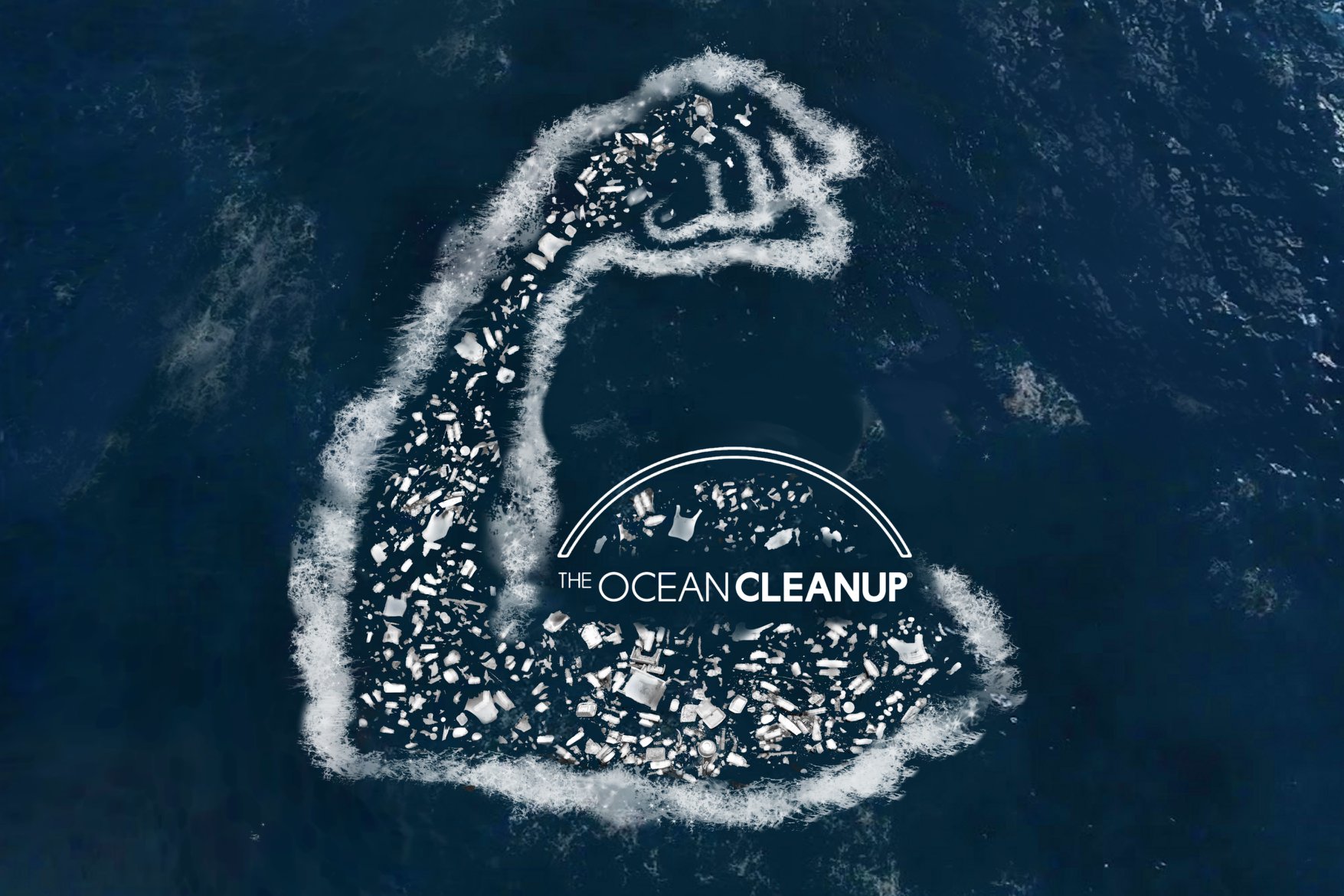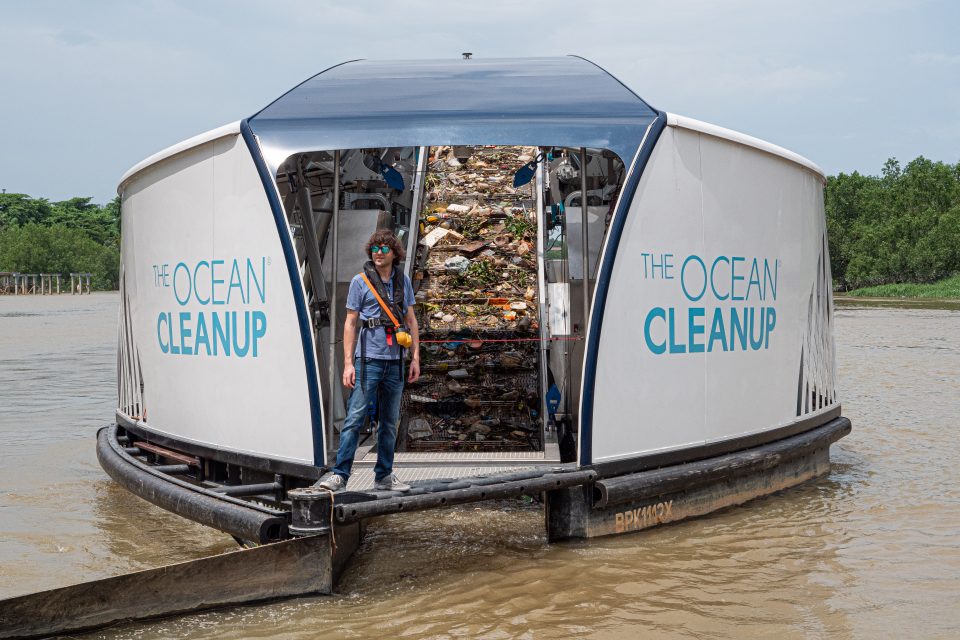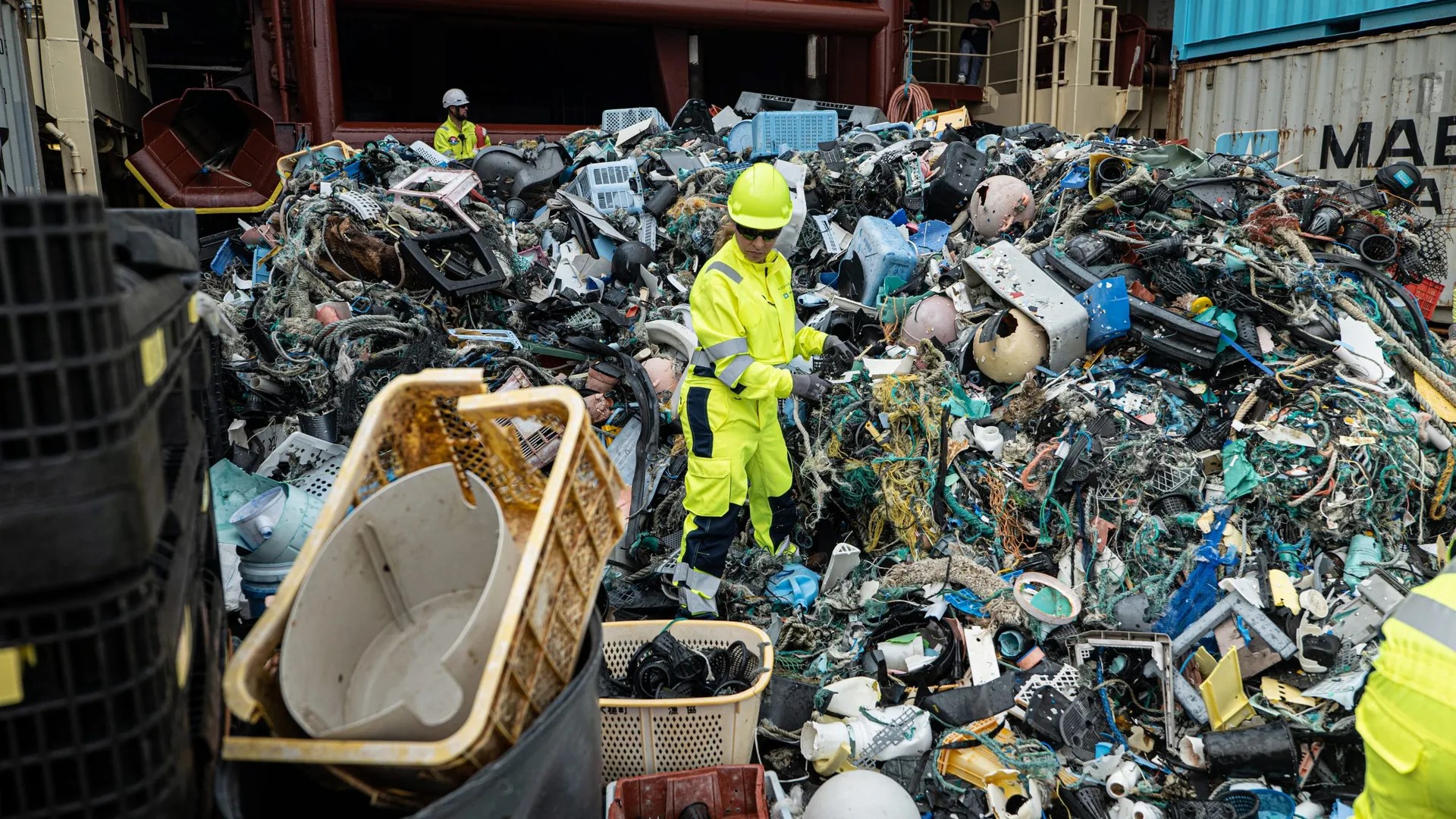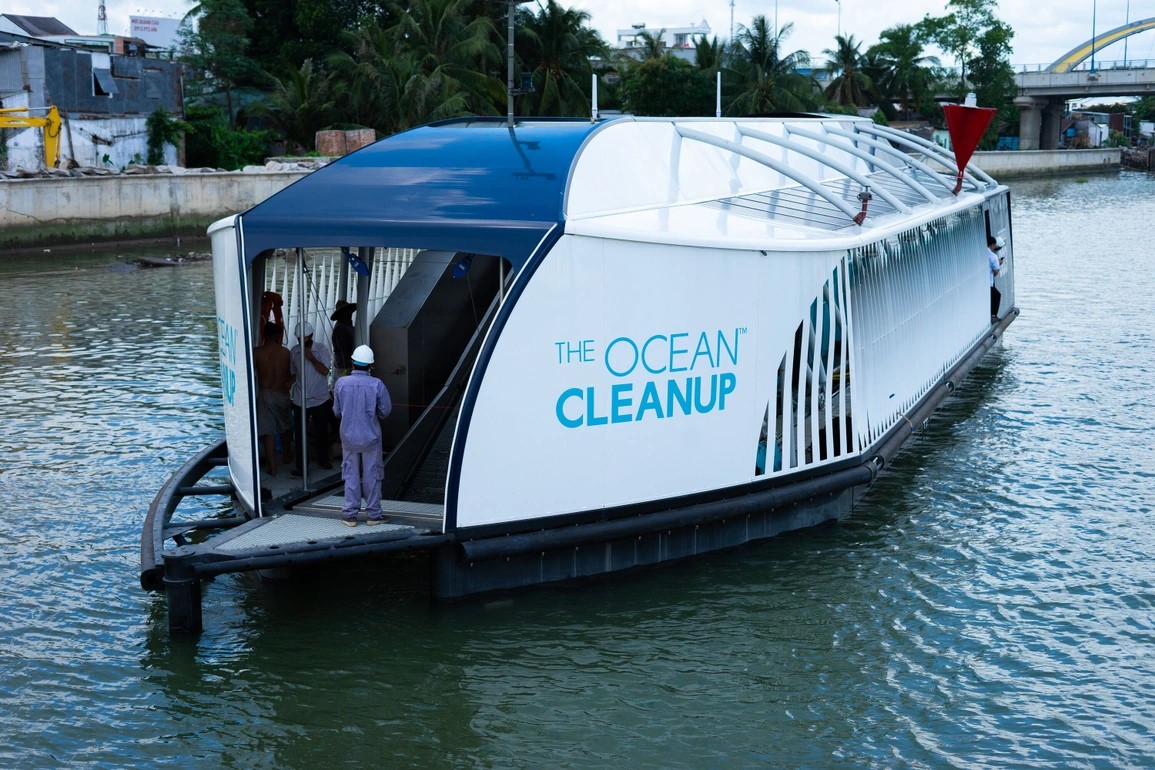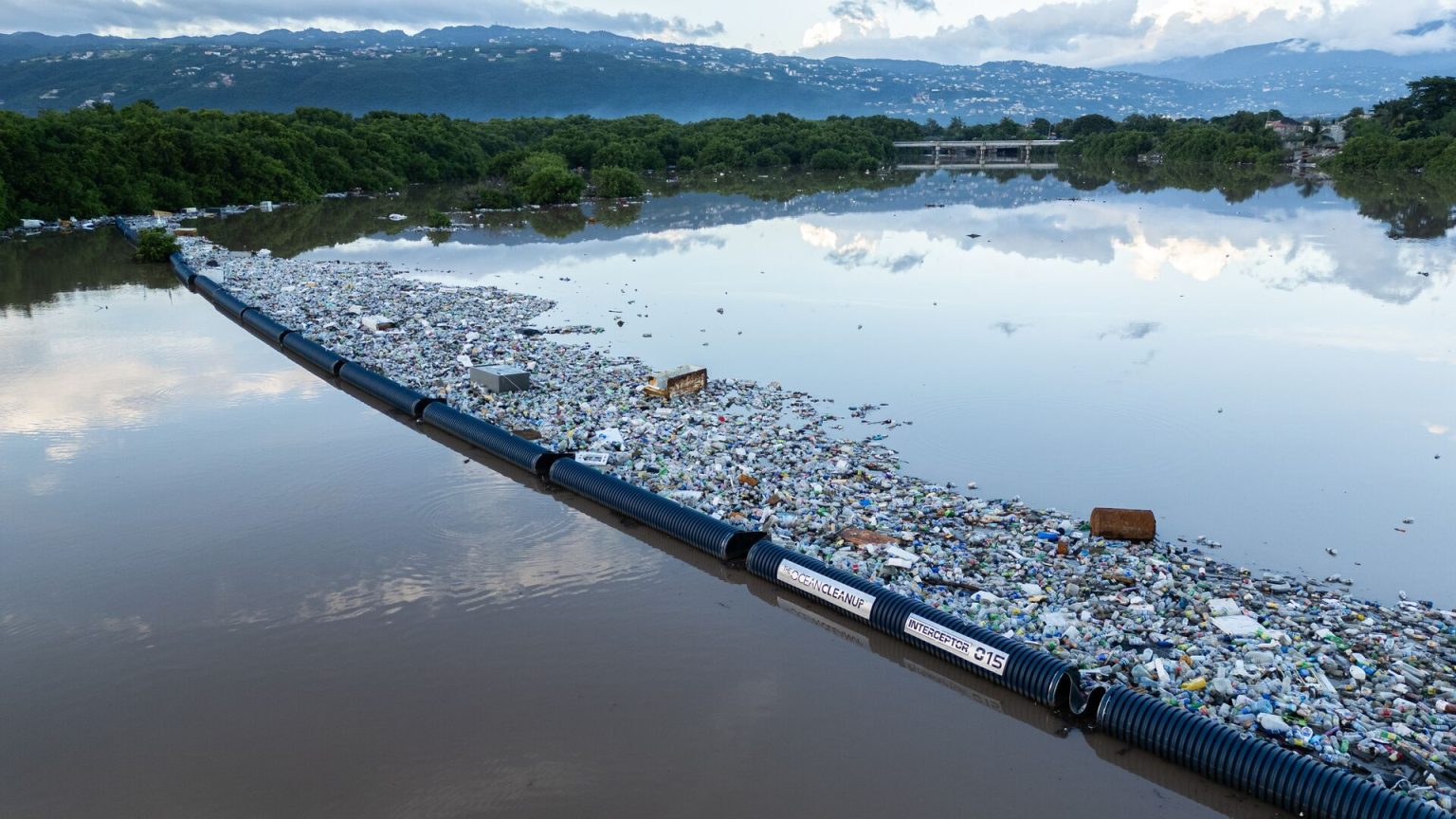Interceptor™ river cleanup system
Water oceans, rivers and lake health
Preventing plastic pollution at its source by efficiently capturing riverine waste before it reaches coastal waters.
Contact
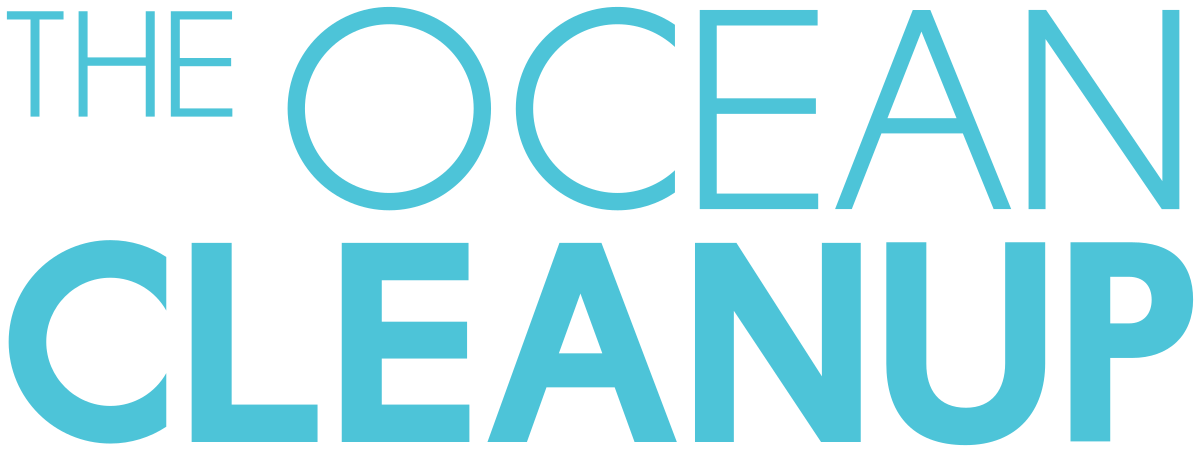
The Ocean Cleanup
Company Established Year
Who is this solution for
Info
Available

Project Status
Looking to expand internationally
Doing business in
Awards
Champion of the Earth
Recognized as a global environmental pioneer for leadership in combating marine plastic.
London Design Museum’s Design of the Year
Honored for the innovative design of the ocean cleanup system.
INDEX: Award
Awarded for outstanding social good design in large‑scale environmental impact.
Product description
Interceptor™ River Cleanup System:
The Interceptor™ is an innovative green solution designed to tackle the pressing issue of plastic pollution in rivers before it reaches the oceans. This solar-powered, automated system is strategically placed at river mouths to intercept and collect floating debris, preventing it from entering coastal waters. The system consists of floating barriers that guide trash towards a central catchment area, where a conveyor belt transports the waste into onboard dumpsters for storage and disposal. With minimal human intervention required, the Interceptor can operate continuously, efficiently capturing thousands of kilograms of waste per day, including plastic bottles, bags, and other debris.
The modular design of the Interceptor allows for easy deployment in various river environments, adapting to different geographic and hydrological conditions. Real-time monitoring and data analytics capabilities enhance operational efficiency, providing valuable insights for municipal planning and waste management strategies. By focusing on pollution prevention rather than ocean cleanup, the Interceptor represents a proactive and cost-effective approach to addressing plastic pollution at its source.
Aligned with The Ocean Cleanup's mission to intercept 80% of riverine plastic by targeting the most significant polluting rivers, the Interceptor offers a scalable and sustainable solution to mitigate the environmental impact of plastic waste on aquatic ecosystems.
Key characteristics and environmental benefits
- Solar-powered and automated system for efficient river cleanup
- Floating barriers and conveyor belt technology to capture and collect floating debris
- Modular design for easy deployment in diverse river environments
- Real-time monitoring and data analytics for operational insights
- Focus on pollution prevention at the source to reduce plastic waste entering coastal waters
- Scalable models adaptable to different river conditions for widespread implementation
- Supports The Ocean Cleanup's goal of intercepting riverine plastic to protect aquatic ecosystems
About the Company
Ask about Interceptor™ river cleanup system
Hi there! I’m here to help you quickly understand what this green solution is about — without needing to read the full page.
You can ask me things like:
- What problem does it solve?
- How does it help the environment?
- What makes it different?
Let’s explore together!
You can try asking:
Oops, it seems like you're not a member.
Sign up! It's free. You'll be able to read all the articles you like, download PDFs, and get in contact with the respective owners.
Have an account already? Sign in here
